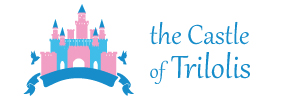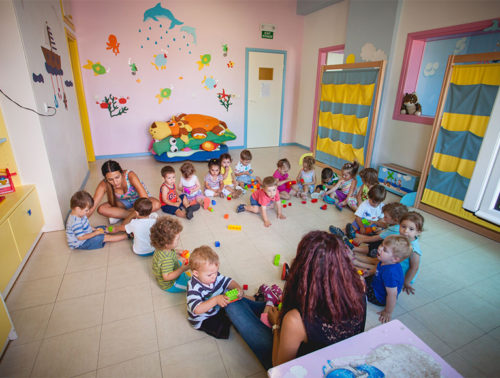Activities
Our activities are designed to provide children with tools, knowledge and skills, and to cultivate values that will serve as the basis for their integrated development through activities and play.
Through experiential and cooperative learning, children become more self-aware and autonomous; they are socialised, learn to conform to rules, and to respect and value themselves and their surroundings. At the same time, we emphasise cognitive skills, such as comprehension of basic concepts, cultivation of the imagination and development of motor skills, guided by the needs, interests and ability of the children themselves.
Language
The children learn to communicate with their classmates and with adults, and to develop their language skills through daily constructive discussion. Methods such as story-telling, narration, description and interpretation help them to cultivate their skills and enrich their vocabulary in an enjoyable way.
Arithmetic
The young students are introduced to numbers and learn to count. They learn mathematical concepts by processing quantities, spatial relations, shapes, ordering, patterns and matching. In Pre-Kindergarten & Kindergarten, they learn to identify numbers in groups and to do simple sums of addition and subtraction.
Environment
We lead activities to familiarise the children with the environment through exploration and observation as they also develop a respect for nature. The children learn to care for the garden, and at the rear of the Castle, they can participate in plant and vegetable gardening and harvesting around the farmhouse village by growing their own plants.
Visual arts
As part of creativity and expression, the youngsters use a variety of materials, colours and techniques in activities that develop their fine motor skills and aesthetics, including painting, paper-cutting and glueing, clay and plasticine, and constructions.
Theatre
Dramatic education is a central focus at our Center, and our outdoor theatre with a capacity for 300 people is proof of that. As part of our daily programme, the children develop their imagination through free dramatic play, act out the stories they read or improvise their own in groups, devising their own scenery and incorporating methods such as pantomime, dramatic play and puppetry.
Music
One art that is highlighted through the children’s daily activities is music. Listening games, introduction to musical instruments, vocal and rhythmic activities and song all help to develop their musical ingenuity, their ability to distinguish sounds and their sense of rhythm.
Physical education
Through physical activities and team games, the children develop their motor skills and learn values such as cooperation, respect and teamwork. Free play, including during breaks, is of critical importance to the process of developing these values.
School trips
We regularly conduct educational school trips to various locations of interest, particularly for the two older groups, providing the children with a change of scenery along with an enjoyable learning experience.






